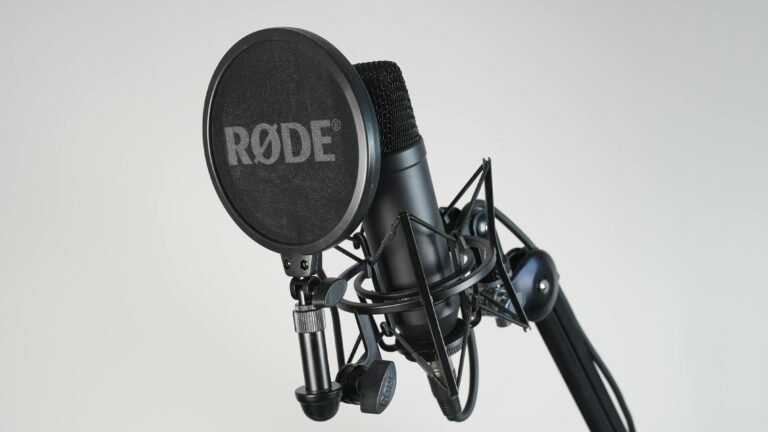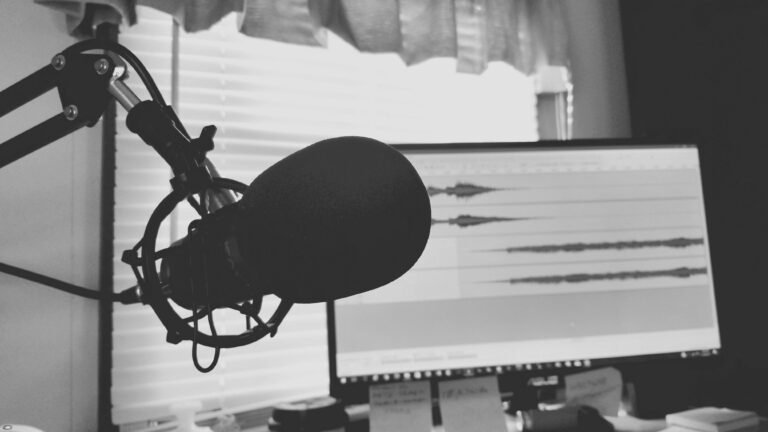
The Treasure Map to Motivation: Achieve Unstoppable Success in 2024
This article unlocks the treasure map to motivation, offering powerful strategies to help you achieve unstoppable success in 2024. Learn how to stay motivated, set goals, and overcome challenges for personal growth.






